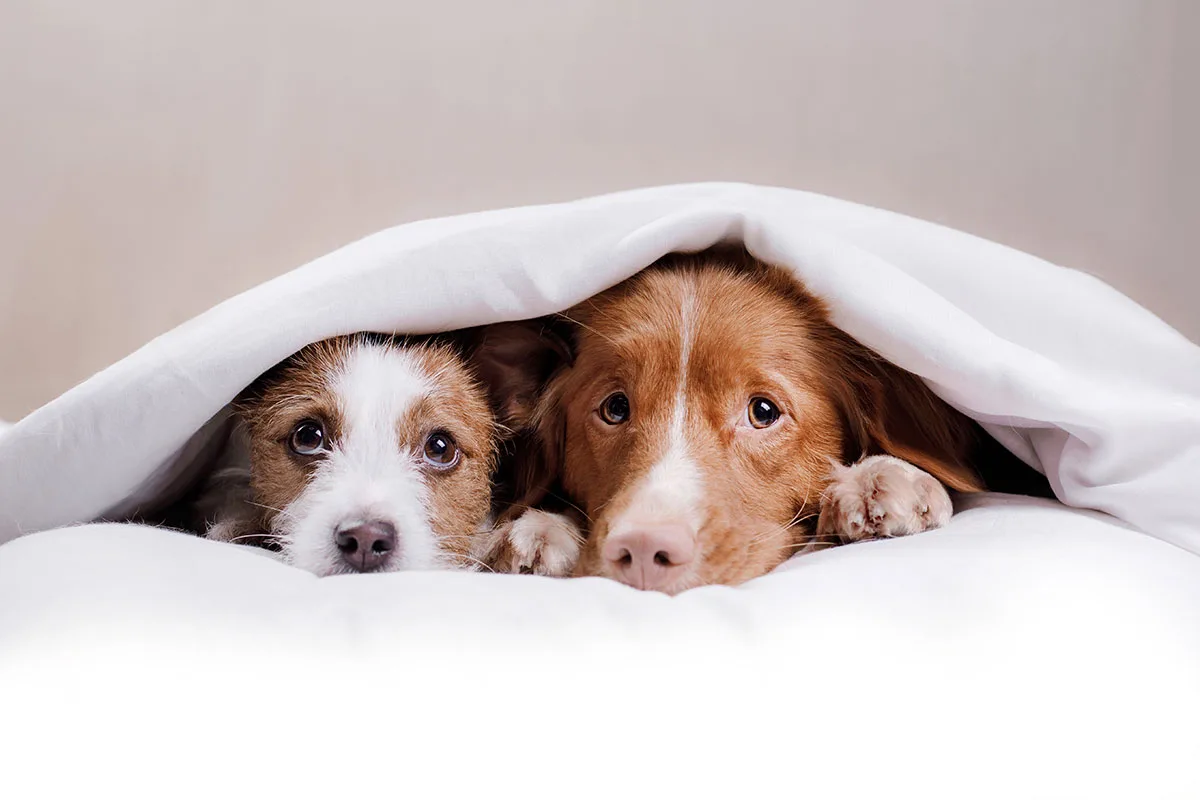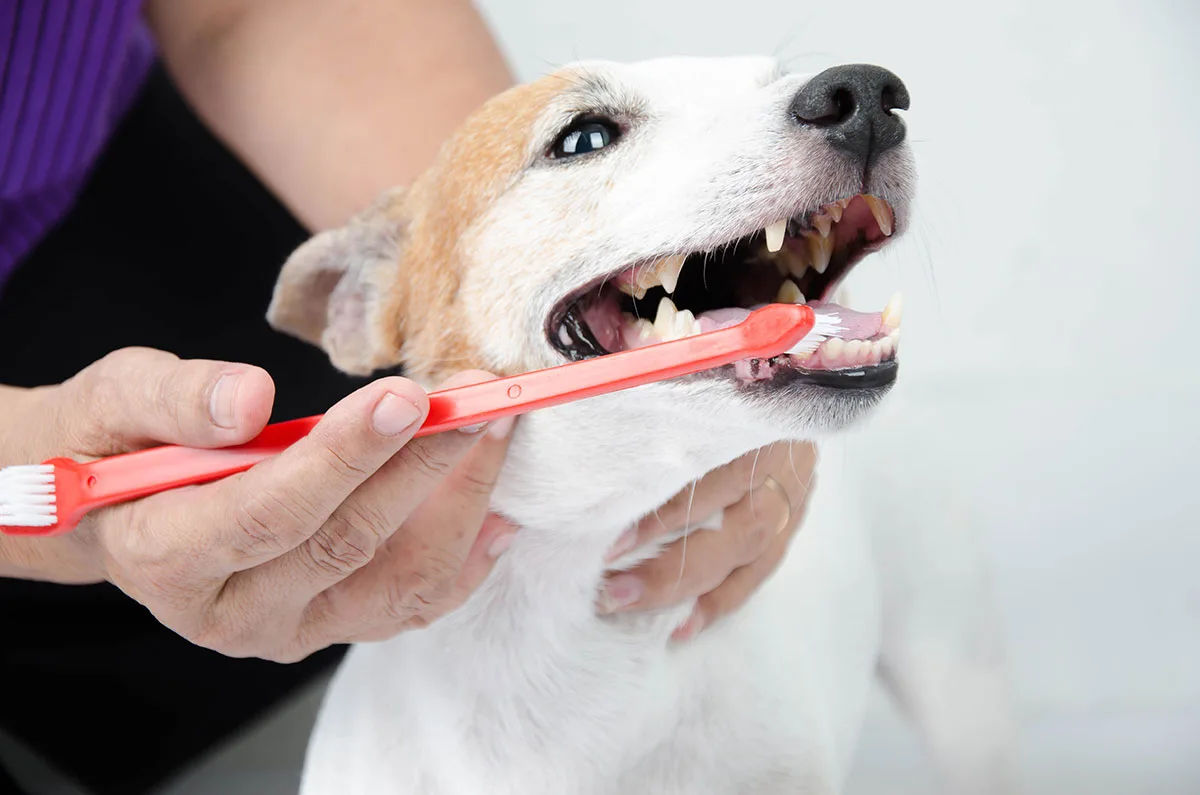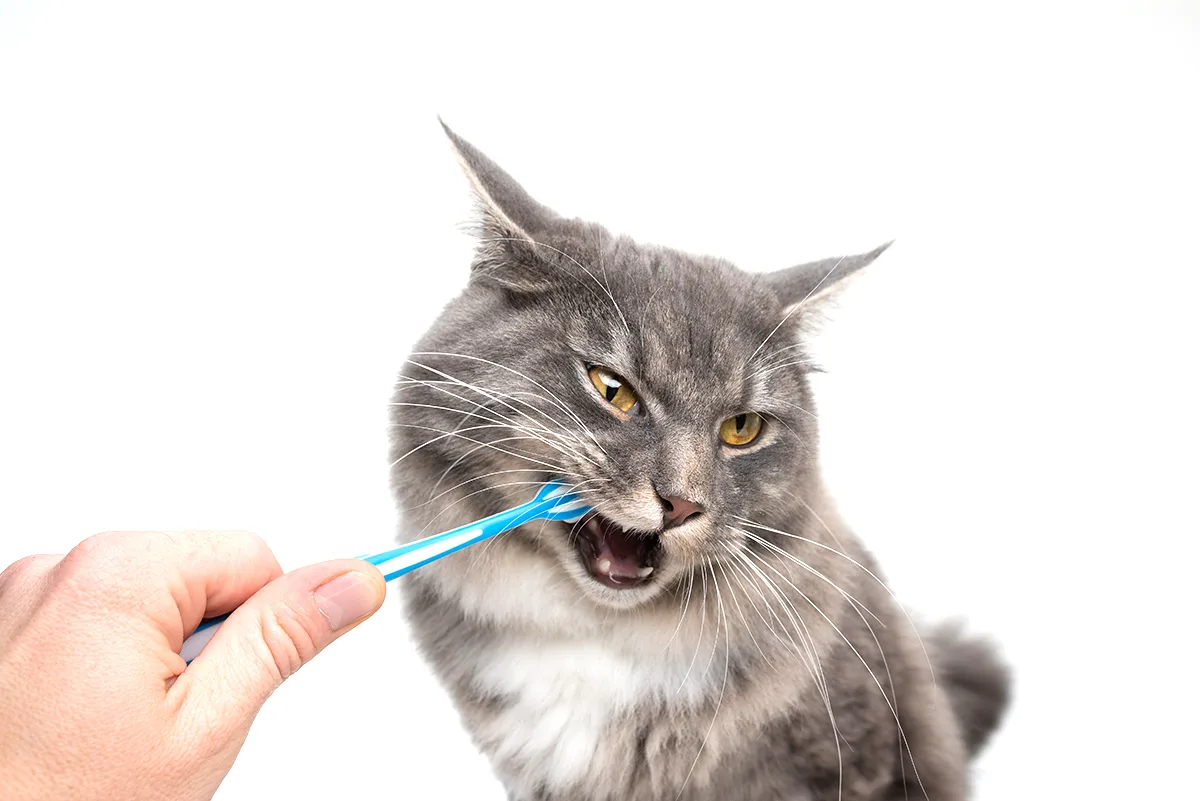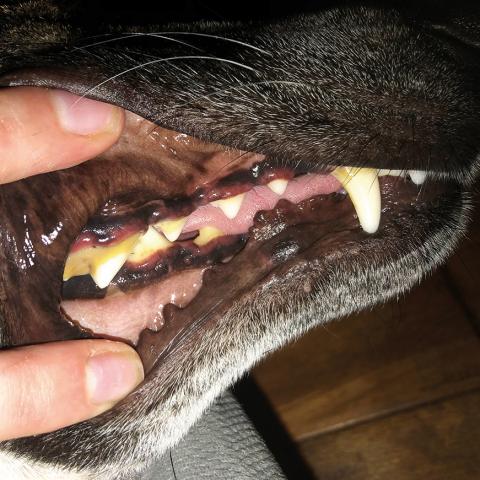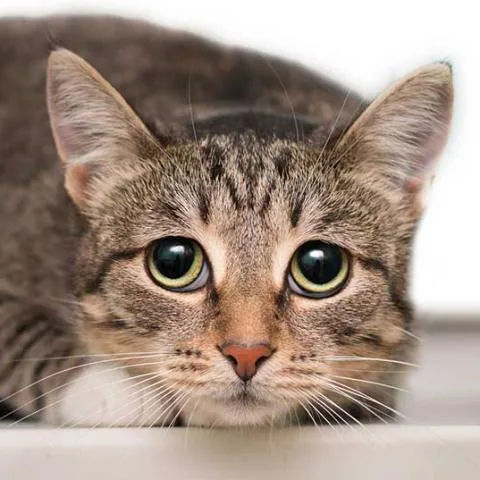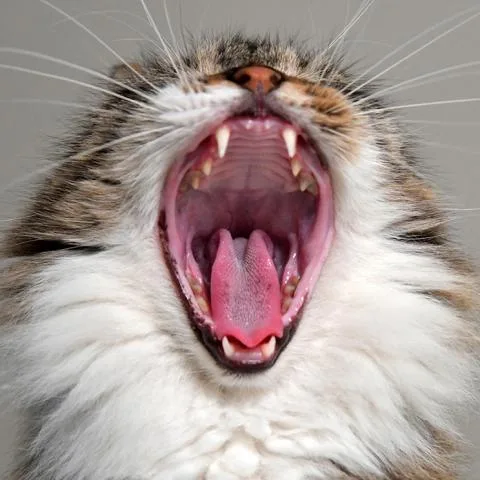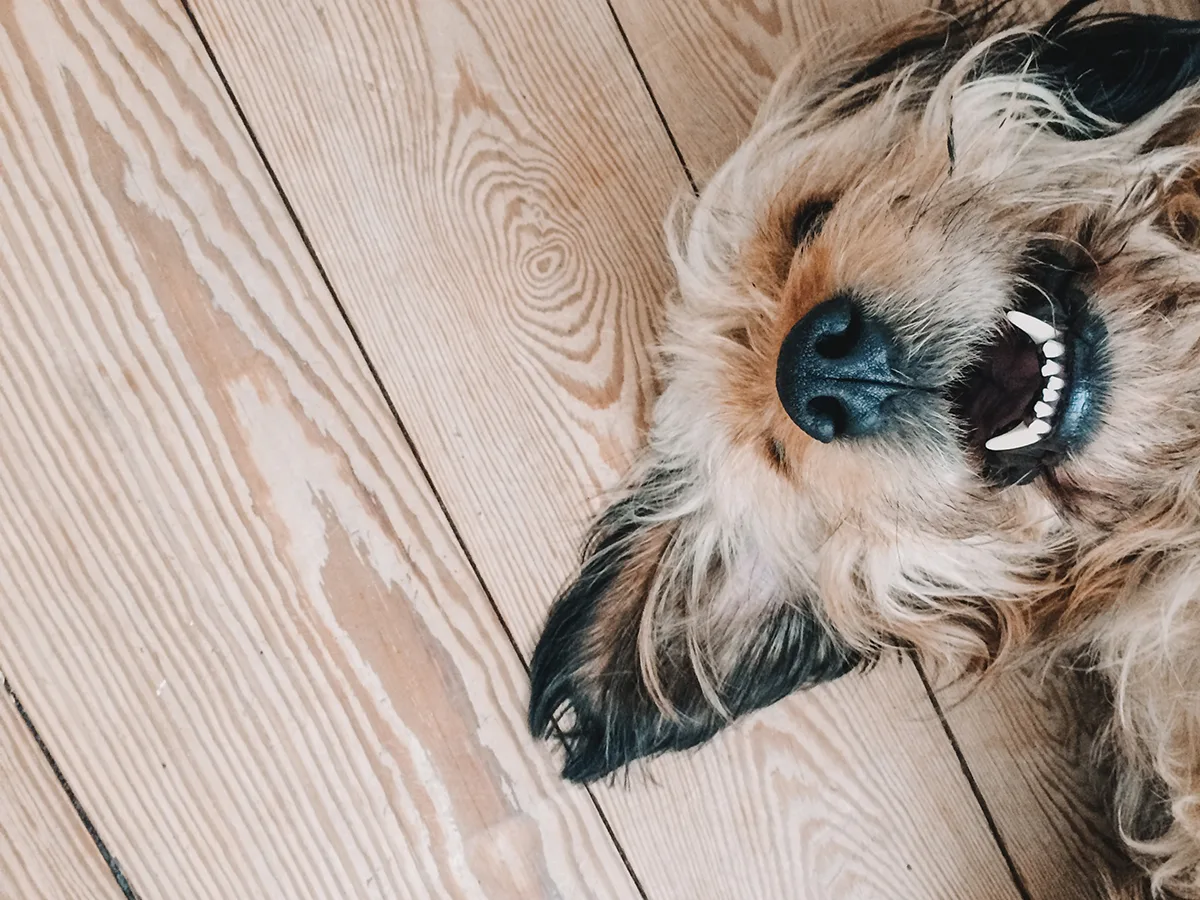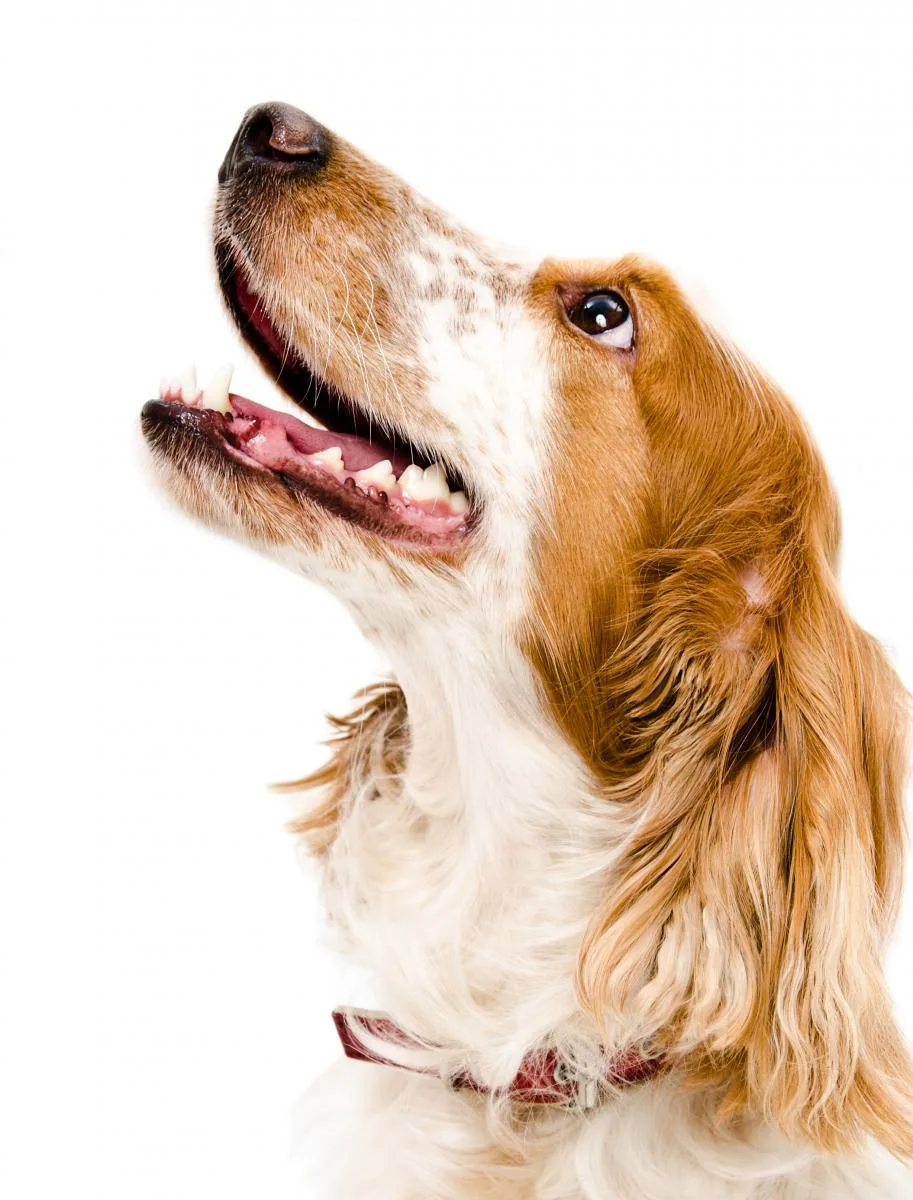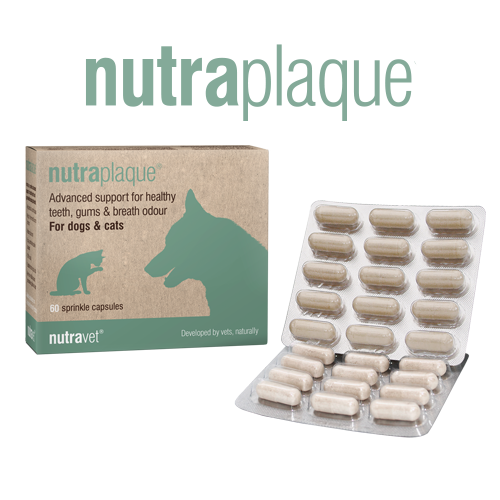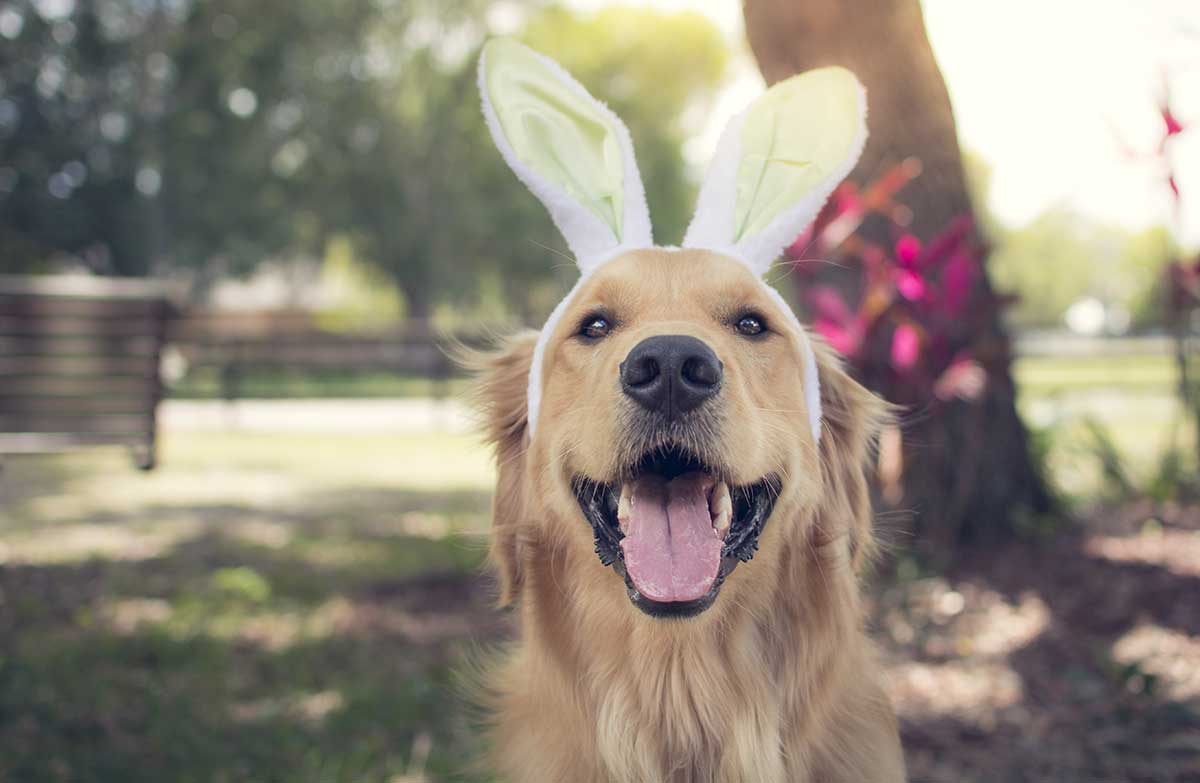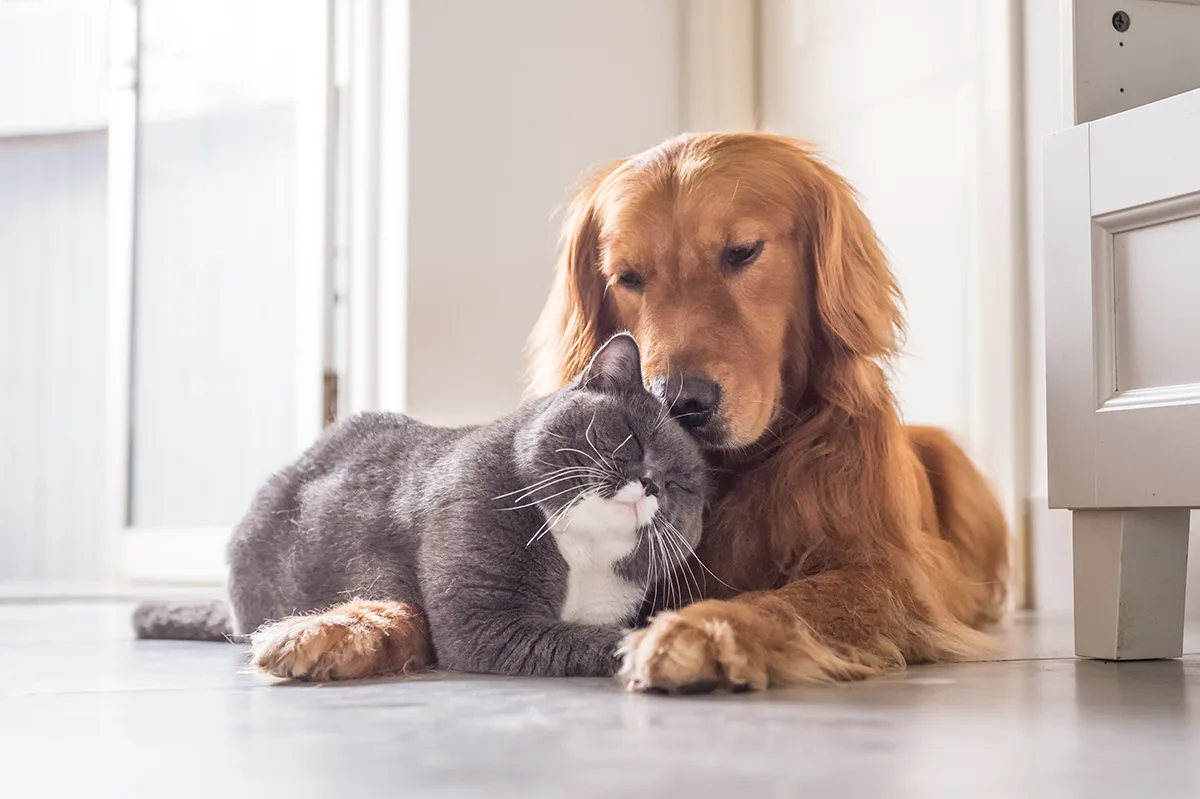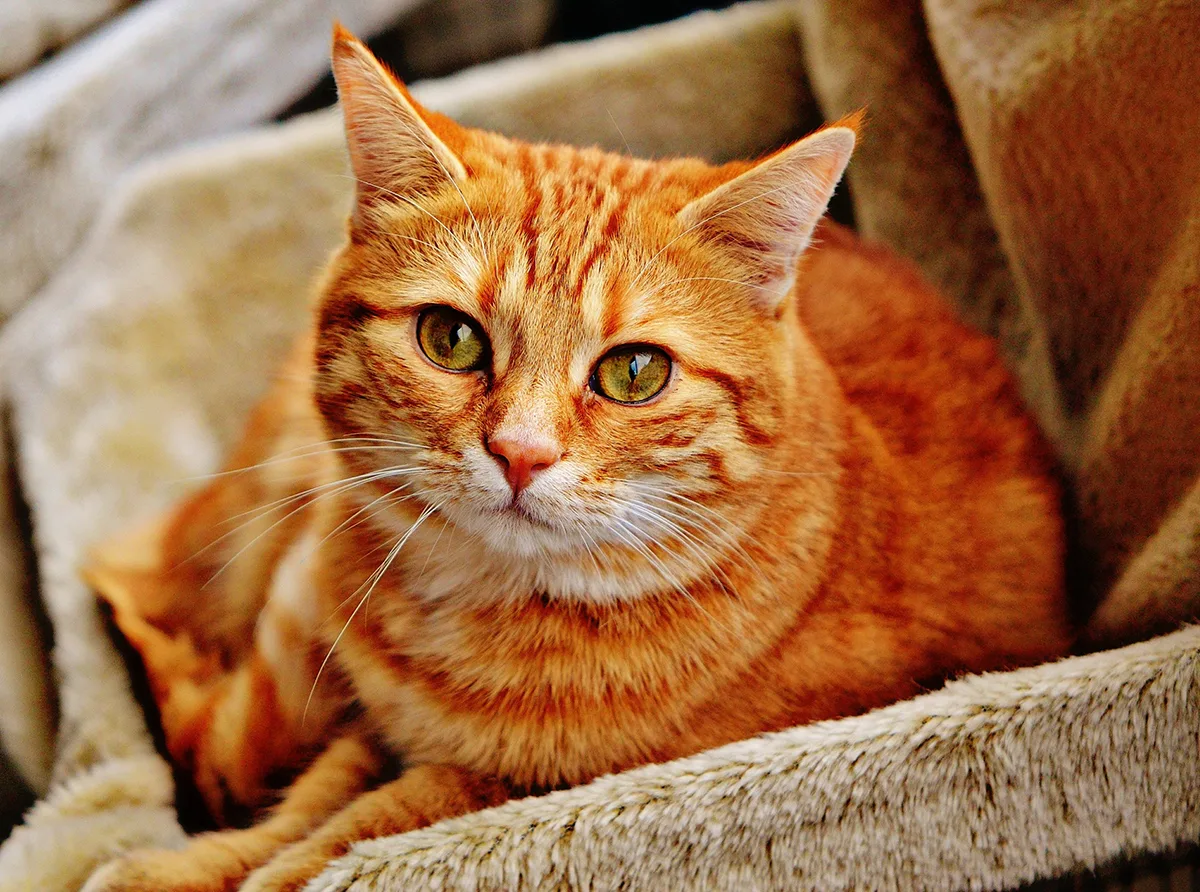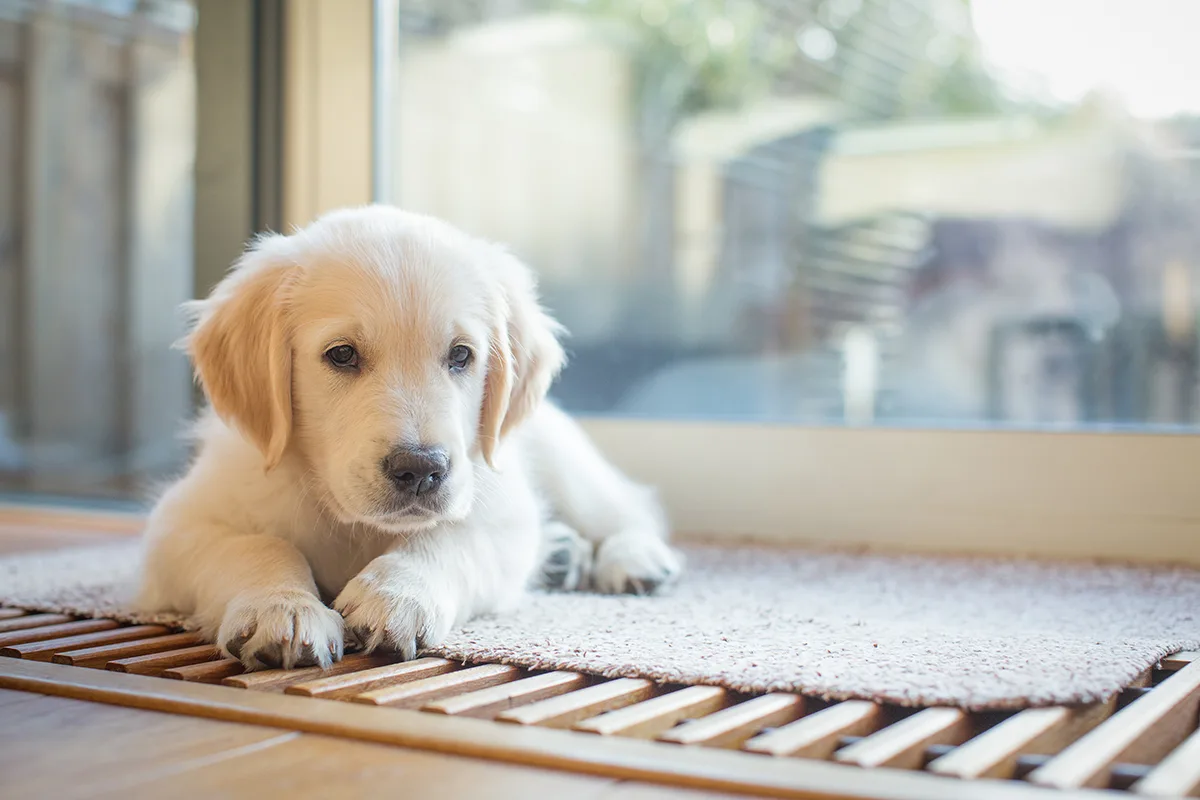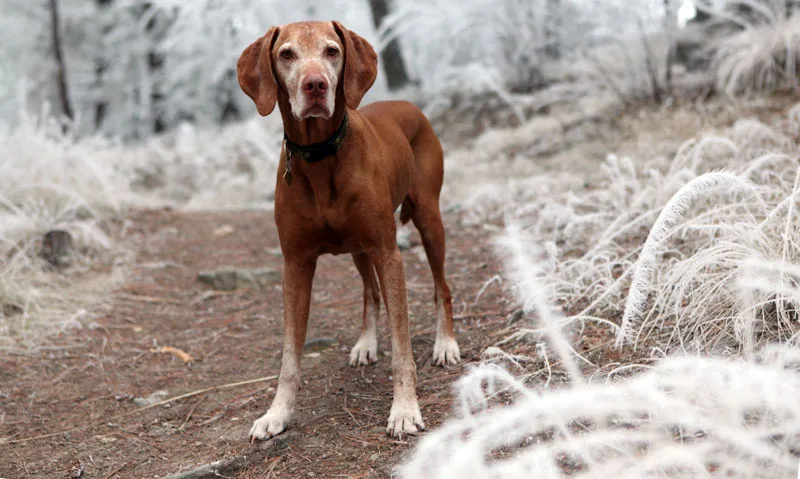
Some dogs love winter walks, but exercising your dog in winter can be challenging for some pet owners due to cold temperatures.
Despite the cold weather, it’s important to maintain an exercise routine for your dog to keep them happy and healthy. During the winter months, joint stiffness in pets can appear more prominent. Regularly exercising your dog in winter helps to keep joints mobile as well as preventing any weight gain which can add pressure to joints.
To help keep your pooch moving, we share some tips for exercising your dog in winter months:
Walking your dog in cold weather
If your pooch is still happy to head out on winter walks, be sure to wrap up warm and if needed use a doggy coat to keep them cosy. On darker nights and morning, also be sure to wear bright or reflective clothing and walk your dog in well-lit areas. Avoid icy roads and pavements and clean your dog’s paws when you get home to remove and ice, salt or grit which may cause irritation.
Indoor games
If it’s too cold outside for your four-legged friend, there are some indoor games you could try to get them moving, which include:
Tug of war – get your dog a tug of war rope to enjoy a good game with them. If you have more than one dog, you could let them play together. However, be sure to keep an eye on them, as this type of game could encourage aggression.
Fetch – if you have enough space in your home set up an area to play fetch. Make sure it’s on carpeted floors as hard wood floors could cause your dog to slip and get injured. To prevent repetition, throw different objects for them to fetch and return.
Hide and seek– tell your dog to wait somewhere while you hide in the house. Then shout for them to come and find you. You may need someone else to stay with your dog while you go and find a hiding spot. Alternatively, you could hide a toy or their favourite treat somewhere in the home for them to sniff out.
Brain games – interactive brain games are a great way to keep your pet’s brain active as well as maintain their physical activity. Try hiding a treat under a cup and mix it up with other empty cups and get your pooch to try and pick the right one to get the treat.
Indoor obstacle course
If you have the space to do so, it’s possible to create a small obstacle course for your pooch in the home. All you need is a few cones and some items for your dog to jump over.
Hydrotherapy / Swimming
Swimming is a great form of exercise for dogs as it’s low impact, which is kinder on their joints. In winter months, it’s not advised to take your dog swimming outdoors, but you could book them into a hydrotherapy session with a qualified trainer at an indoor pool. This will help to ensure your dog gets some much-needed exercise, as well as soothing their stiff joints.
Training classes
Indoor training or agility classes are a great way of exercising your dog in winter, as well as allowing them to socialise with other dogs and boost their brain health.
Some breeds of dog may need more exercise than others. If you are unsure what exercise is best suited for your pooch, speak to your vet who is best placed to offer advice depending on your pets age and breed.
To help maintain your pet’s joints throughout the winter months, ask your vet about Nutraquin+, a fast-acting support for joints and mobility for dogs and cats.

